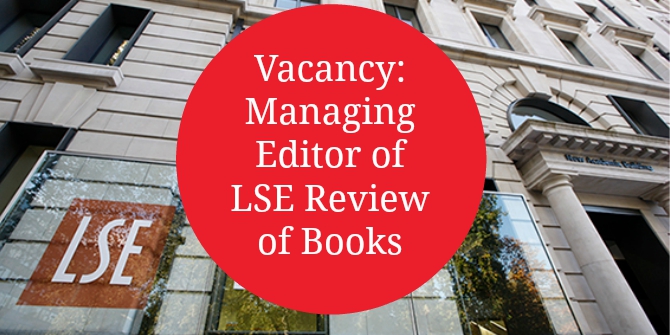In the comments to a THE article on the surprising results of the HEFCE impact pilot study, one reader highlighted as ‘essential reading’ for all academics’ the following piece by Professor Geoffrey Boulton FRS and Colin Lucas (ex-Oxford Vice-Chancellor):
What are Universities For? published in 2008 by the League of European Researchers.
Extract:-
“In an age that reveres management, metrics and regulation, the perception that such public engagement is an important part of the role of the university, its academics and its students, naturally leads government and funding bodies to encourage its corporate management.
The temptation is to assume that such activities need to be measured and incentivised, leading to a duller, more routinely managed effort, which is increasingly seen as an imposition justifying payment or contract rather than a natural expression of the university ethos and of the academic vocation.
The challenge is in part for university managers, to create, with a light touch, an enabling environment that supports and encourages such activity, exploiting the university’s greatest strength, its diversity of inspiration, rather than stifling it by overmanagement or inappropriate metrics.”






The University is the institution charged by society to be the guardian of its intellectual culture. We collectively guard that culture by curating it, cherishing it, and making more of it, and teaching it and in other ways disseminating it. We reread its texts and write new texts, we extract its insights, extend its reach, popularise it. We further guard it by maintaining the collegiate system, which is a forum in which a group of people meet as equals to collectively decide a way forward. Other institutions have been charged with other duties: the banks with safeguarding the monetary system, the police with safeguarding our streets; the NHS with safeguarding our health. We have to resist the rise of managerial culture based on the audit, the evidence base (to the exclusion of reason), and line management (to the exclusion of the collegiate forum) because these are – in the end – corrosive to the ability of the institution to fulfill its historic and hallowed obligations to society.